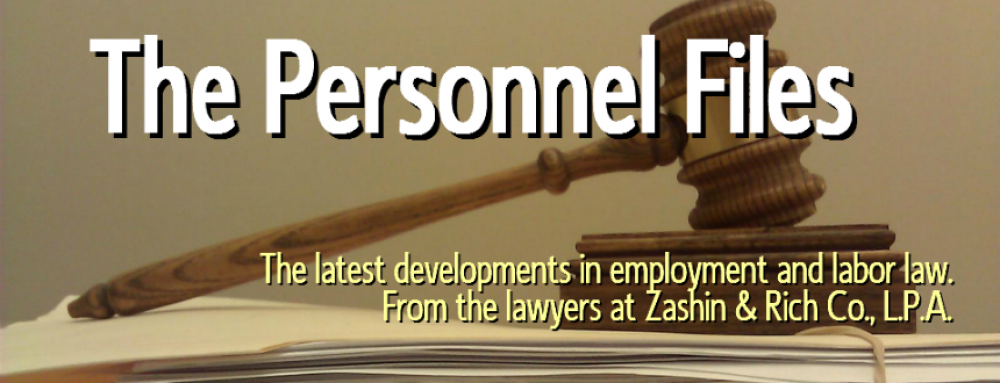The Washington Supreme Court has held that the First Amendment to the U.S. Constitution barred a Presbyterian church elder’s negligent retention and supervision claims against her church, but that her Title VII claims needed more analysis.
The elder in question had raised objections to the manner in which her church’s pastor was conducting church tours and was ultimately fired. She brought suit for, among other things, negligent retention and supervision, and sex discrimination under Title VII. (She had brought other claims too, but they were not at issue in the Supreme Court’s opinion.)
The Supreme Court passed on the question of whether the ministerial exception barred the Title VII claim, because the factual record concerning whether this particular woman qualified as a “minister” was “not developed sufficiently to make the determination.”
However, since there was no apparently no dispute that actual pastor in question (as well as his superiors) were bona fide ministers, the Supreme Court held that allowing negligent retention or supervision claims to proceed against the church, based on allegations that the pastor was negligently retained or supervised, would constitute impermissible entanglement with the church’s right to pick the minister of its choosing.
The case is Erdman v. Chapel Hill Presbyterian Church.
